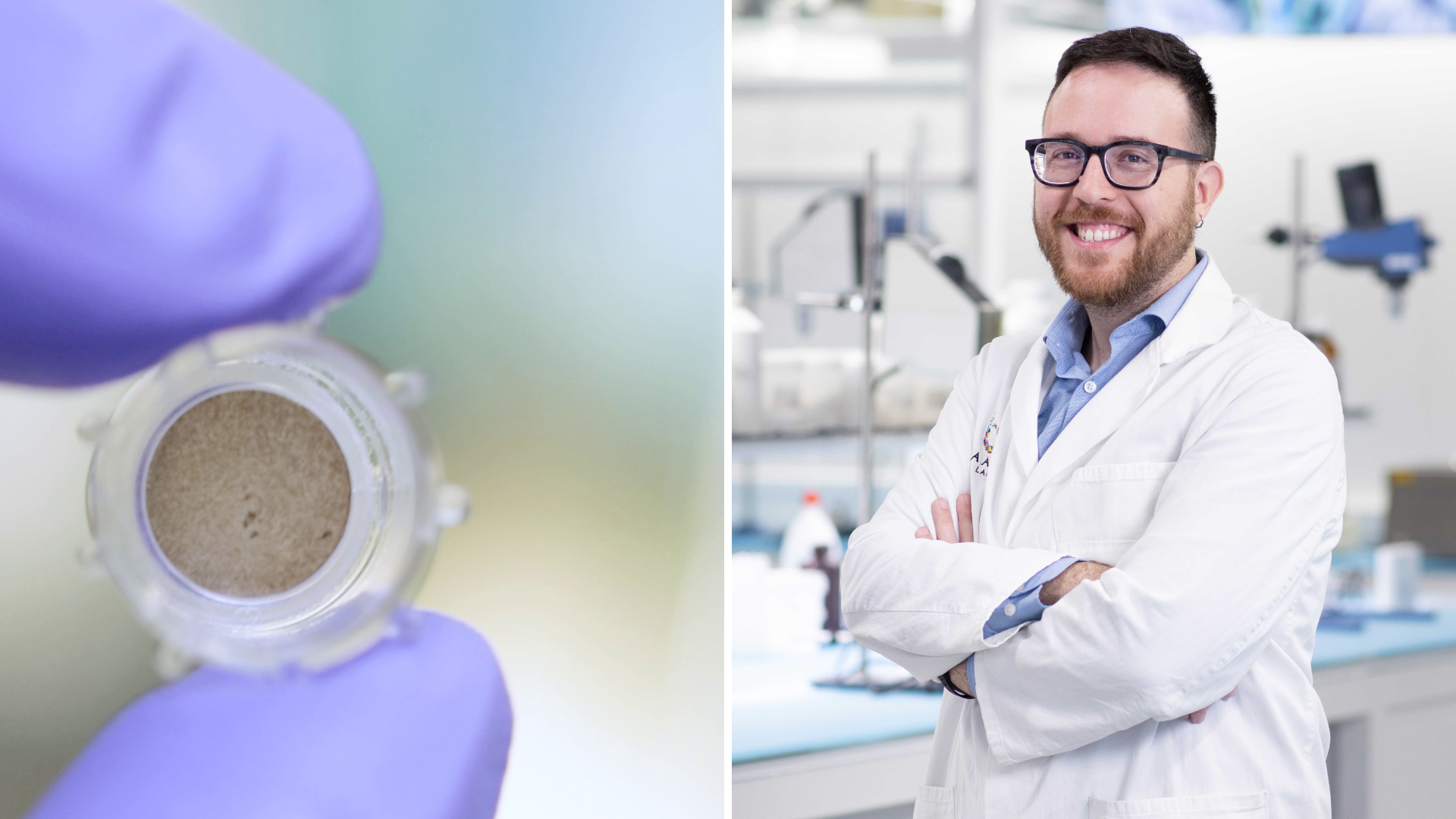On its 135th anniversary, Bella Aurora Labs consolidates its position as a leading laboratory in skin pigmentation thanks to the fundamental research it carries out, which makes it possible to develop effective solutions for hypopigmented and hyperpigmented skin.
Bella Aurora Labs started an innovative research system 10 years ago with the creation of a cell culture laboratory where tests are carried out with 3D pigmented skin models. This is a cutting-edge technology that allows simulating the conditions of the human epidermis to test the efficacy of new depigmenting active ingredients. “Our goal goes beyond removing blemishes. We want to understand their causes in depth and how they vary according to skin type. That is why we incorporate artificial intelligence, which allows us to accelerate the identification of effective active ingredients, and 3D skin models that bring us closer and closer to more precise solutions adapted to each skin”, declares Sergi Hernández, Fundamental Research Manager at Bella Aurora Labs.
And, in addition to generating knowledge, thanks to fundamental research Bella Aurora Labs creates new technologies aimed at improving and creating new treatments that satisfy consumers. An example of this was the development of the B-CORE 221TM patent, a technology that acts in all phases of the hyperpigmentation process and that is present throughout the bio10 forte line, its most advanced depigmenting treatment. In addition, this research has also allowed the development of Repigment, the first line of cosmetic treatments for white spots.
As part of its commitment to science, Bella Aurora is committed to collaborating with universities, such as the Universitat Rovira i Virgili (URV) and the Leitat technology center, in a joint project financed by the CDTI, focused on research into the efficacy of plant extracts with high depigmenting power. With this continued commitment to fundamental research, Bella Aurora reaffirms its purpose: to offer safe, effective and evidence-based solutions for each skin type, leading the future of research in skin pigmentation.
